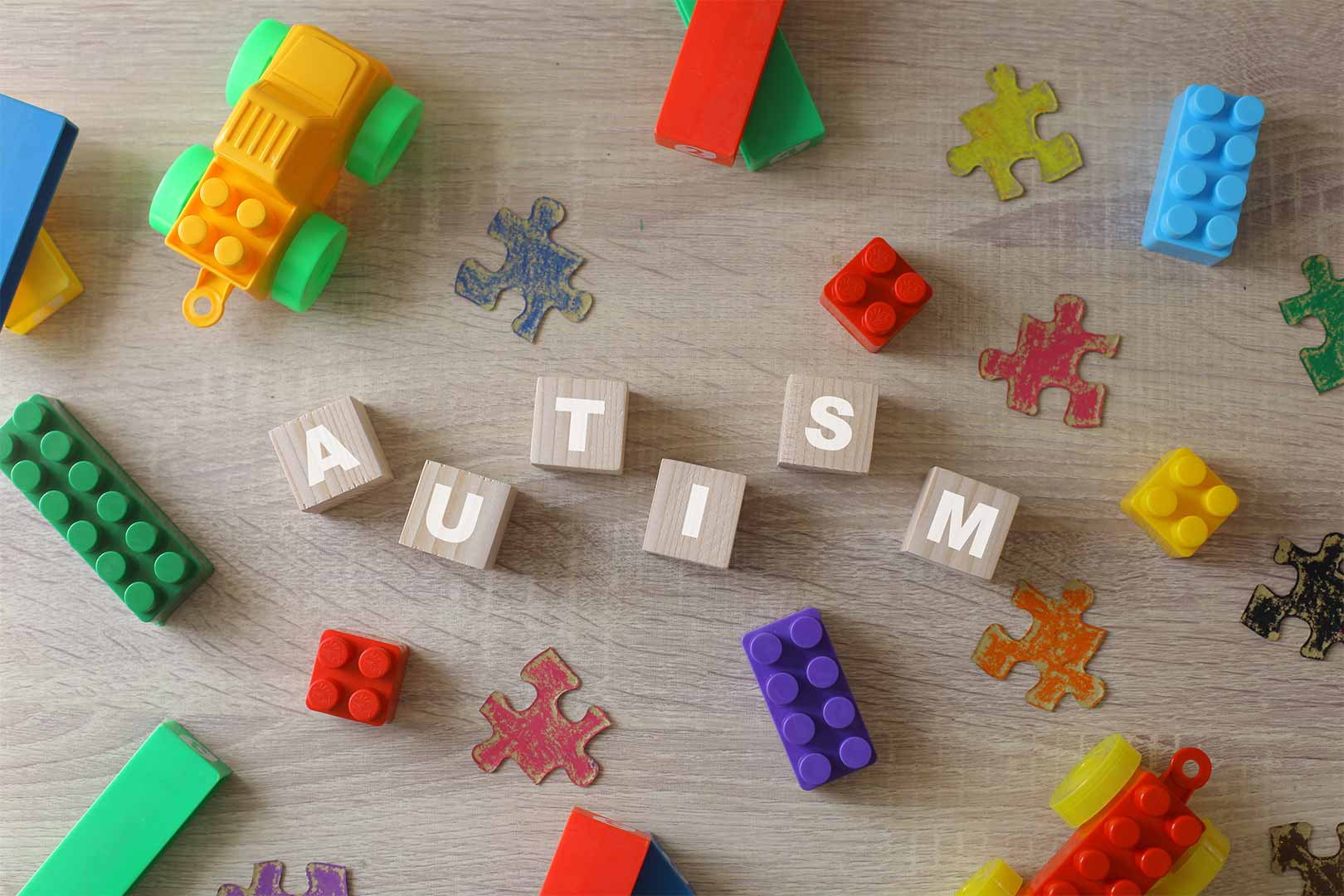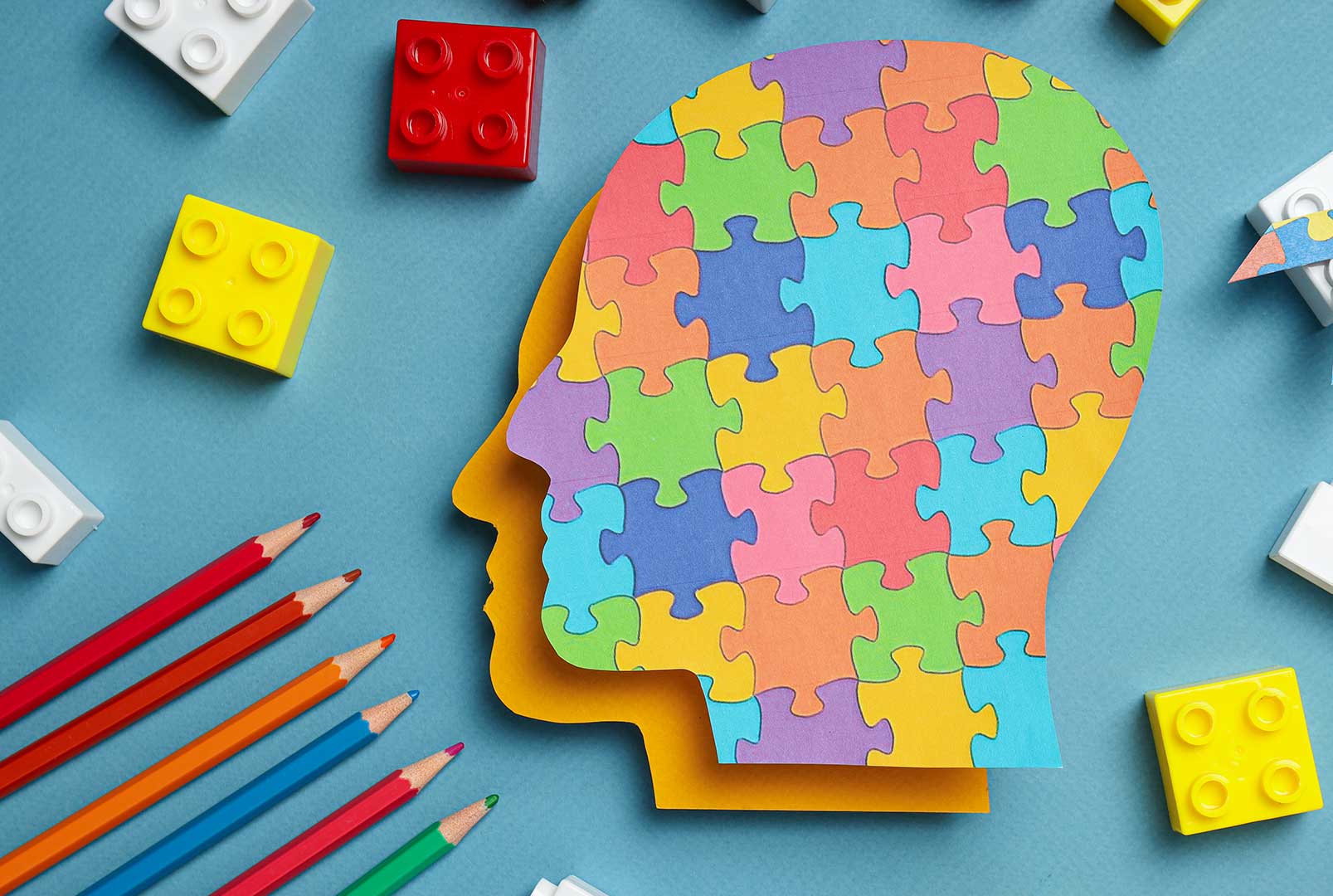Autism spectrum disorder (ASD) is a developmental disorder that affects communication and behavior. People with ASD may have difficulty interacting with others, communicating verbally or nonverbally, and understanding social cues. They may also have repetitive behaviors or interests.
There is no one-size-fits-all approach to diagnosing ASD. The process typically involves a combination of medical history, observation, and standardized testing.
Medical History
The doctor will ask about the child’s developmental history, including milestones such as talking, walking, and toilet training. They will also ask about any family history of ASD.
Observation
The doctor will observe the child’s behavior during the appointment. They will look for signs of social communication difficulties, such as avoiding eye contact, not responding to their name, or not using gestures. They will also look for signs of restricted, repetitive behaviors or interests, such as lining up toys, spinning objects, or having difficulty with changes in routine.
Standardized Testing
There are a number of standardized tests that can be used to diagnose ASD. These tests assess the child’s social communication skills, language skills, and repetitive behaviors.
Diagnosis
There is no single test that can definitively diagnose ASD. The diagnosis is based on a combination of factors, including the child’s medical history, observation, and standardized testing.
Assessment
Once a diagnosis of ASD is made, the child may need further assessment to determine their individual needs. This assessment may include:
- Educational assessment: This assessment will help to determine the child’s strengths and weaknesses in academic areas.
- Speech and language assessment: This assessment will help to determine the child’s communication skills.
- Occupational therapy assessment: This assessment will help to determine the child’s fine motor skills and sensory processing skills.
Early Intervention
Early intervention services can help children with ASD reach their full potential. These services may include:
- Speech and language therapy: This therapy can help children improve their communication skills.
- Occupational therapy: This therapy can help children improve their fine motor skills and sensory processing skills.
- Applied behavior analysis (ABA) therapy: This therapy uses positive reinforcement to help children learn new skills.
- Social skills training: This training helps children learn how to interact with others in a more appropriate way.
Support for Families
There are a number of resources available to support families of children with ASD. These resources may include:
- Parent support groups: These groups provide a forum for parents to share their experiences and get support from others.
- Online resources: There are a number of websites and online forums that provide information and support for families of children with ASD.
- Professional support: There are a number of professionals who can provide support to families of children with ASD, such as psychologists, social workers, and therapists.
Conclusion
Diagnosing and assessing ASD can be a complex process. However, early intervention services can help children with ASD reach their full potential. There are a number of resources available to support families of children with ASD.
Find out if your child needs extra support today!
- My child screams hysterically
- My child is mean to other children
- My child is always worried
- My child is scared to go to school
- My child is scared of loud noises
- My child doesn’t know how to read
- My child is scared to play outside
- My child does not respond to his name
- My child always gets in trouble
- My child fights with other children
- My child doesn’t know how to count
If you are concerned about your child’s development, contact us for Assessments: Phone/Telegram: 077.455.993 – Telegram Link: https://t.me/OrbRom
If you are concerned about your child’s development, contact us for Assessments.
Phone/Telegram: 077.455.993 Link: https://t.me/OrbRom






Leave A Comment